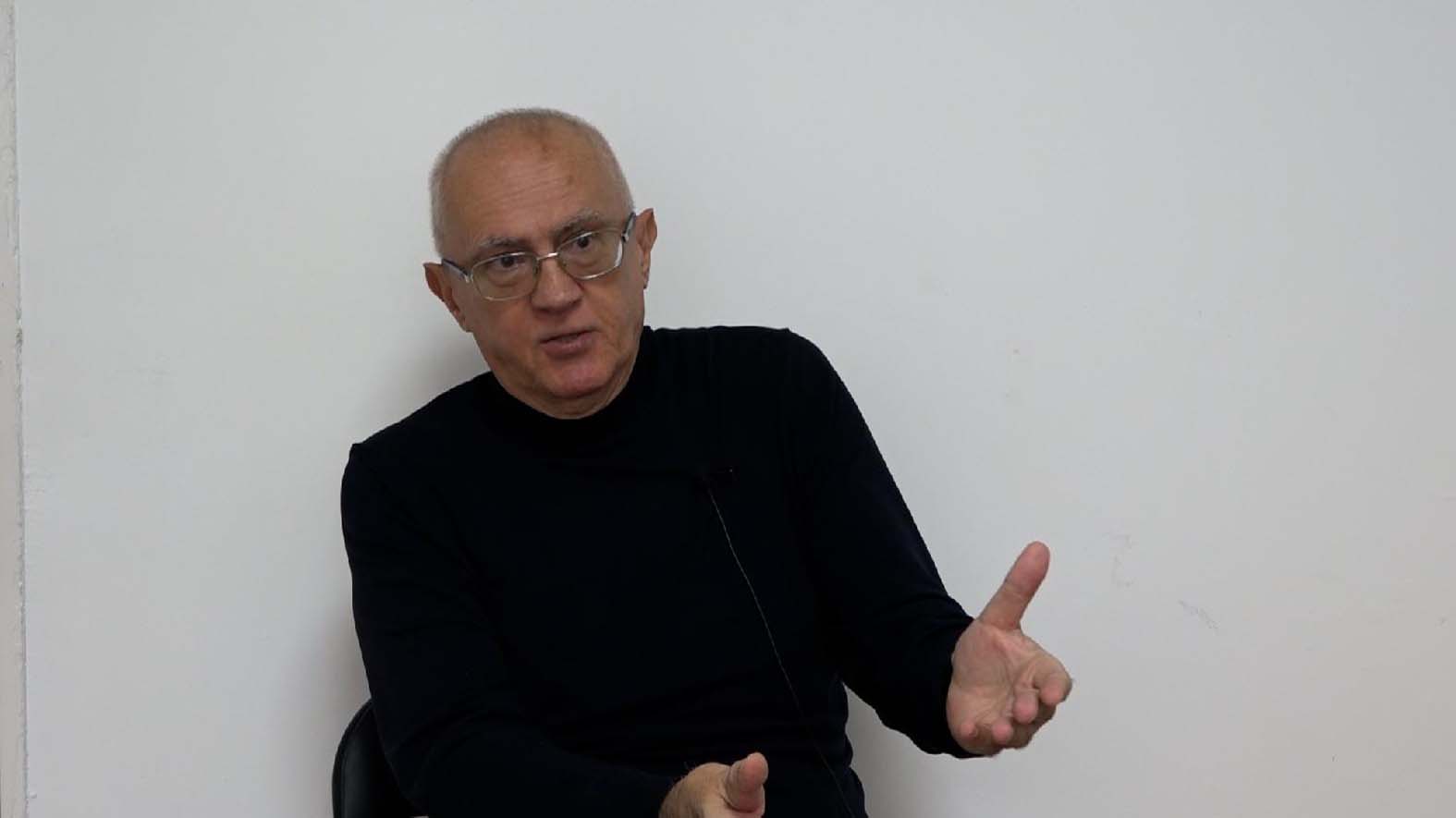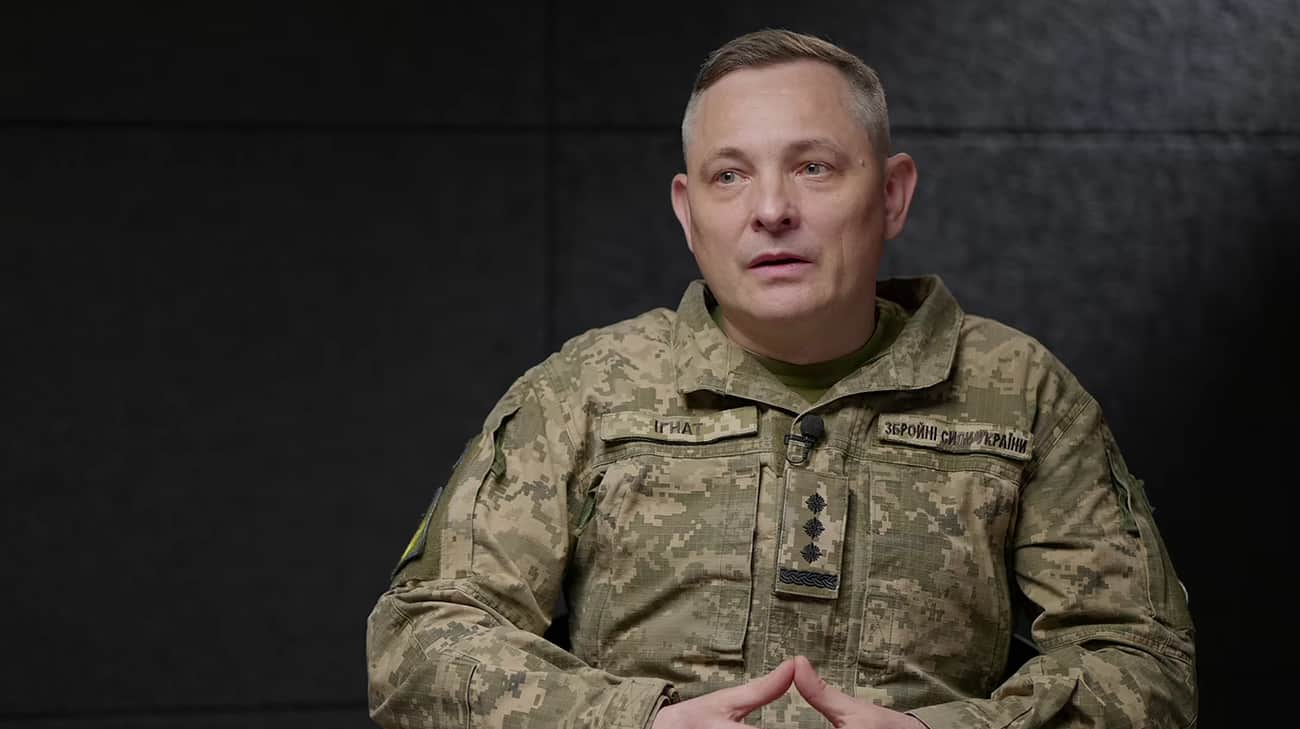How to best help addicts to a drug -free life?
On March 17, the Storting considered a parliamentary report on intoxication. In the Storting Melidnge and in the recommendation of the Health and Care Committee, six words are emphasized that give hope. Three of them are security, fellowship, dignity.
Furthermore, there is a prevention and treatment reform for the intoxication field that will provide – Quote: « A new policy for prevention, injury reduction and treatment. »
These six words, security, fellowship, dignity, prevention, injury reduction and treatment are, as I see it, the most important word of the message. Words that we must put in the context of those who need treatment are different people. Interest in politics is the only thing we all have in the Storting has in common – just as addicts have the drug in common.
Many drug addicts have a goal of a life without intoxication. Some need long -term treatment, others short -term treatment time, and some need gender -specific services. For some, offers with medication work best, while for others treatment without drugs is the right one.
We, 169 parliamentary representatives, are obliged to provide a framework for a sound offer to the addicts in accordance with human rights and basic principles of legal security.
Why? Well, we know that people who are addicted often struggle with mental health problems that are reinforced when offers change and they have to move to new places.
It is neither justifiable, patient -friendly, nor in line with the patient's legal security if the health authorities are allowed to control the reorganization of the service offering based on just two things:
Strengthening the economy and the goal of large academic environments – while the third moment – which will ensure patients' experience of security in and around treatment – is prioritized. Then through the words in the message we are obliged to make changes, so that patients become the first priority. Because it is for the patients that we will create a new policy for prevention, injury reduction and treatment.
I am not a professional in the field, but have employees who have been working on this field for a long time. Together we have talked to users, families and therapists, and I see similarities where changes guided by the health authorities lead to patient -experienced insecurity.
Since I represent Finnmark, I will highlight a case from the north.
Managing Director at the University Hospital Northern Norway, UNN, proposes to lay down the downturn at DPS Storslett and Storsteinnes by 2028.
In addition to day -to -day places, Storslett also has family apartments, as well as outpatient emergency teams. We do not see that family apartments and outpatient emergency teams are mentioned in connection with the closure.
DPS Storslett offers everything from short mapping stays to longer treatment stays. After discharge, the patient is often followed up by an outpatient clinic and/or municipal health service. For the outpatient clinic and the municipal health service, the closure will result in the loss of an important partner and expertise in Storslett.
For patients, there will be a long journey, and loss of contact between patients and their loved ones – a contact that is important for both the sick and for children and other relatives.
In this way, the most seriously mentally ill are prioritized at Storslett and Storsteinnes. Well -established professional environment that has broad competence with further education in mental health, crisis and trauma treatment, intoxication and psychiatry as well as eating disorders are moved from the local area there to Alta. The majority of patient focus's voters are from Alta and Kautokeino.
But it is actually like that:
We at Patient Focus are solidly with the offer in Nord-Troms. Just as we have been when it comes to DPS in Tana and the offer in Karasjok. So are people living in Alta. We believe it is unacceptable that Storslett loses its well -established offers. We at Alta should not be forced to take health services from our neighboring municipalities. We believe that Alta, which is Finnmark's most populous municipality, must have an offer to patients from their own region – and not have to eat up other people's offerings.
A standard response to why an offer is laid down somewhere and moved, is justified by the Minister of Health and the Minister of Health with a lack of professionals.
But the case is: If UNN is allowed to move patients – then it is not the case that personnel move to, for example, Alta. The closure of, and moving offers, usually mean that personnel quit. Health workers find other work. That way we lose talented people.
It is very important that we in Norway take care of the academic environments where they are. In this way, good functioning treatment places are maintained and developed for the benefit of patients and professionals in the districts.
During this parliamentary period, there have been many debates on drug policy. How to best help addicts to a drug -free life? I think most people agree that we need to be even better at prevention and treatment. But we have to do it on patients' premises through respect, guidance and care.
Irene Ojala
Storting representative for patient focus
Member of the Health and Care Committee





